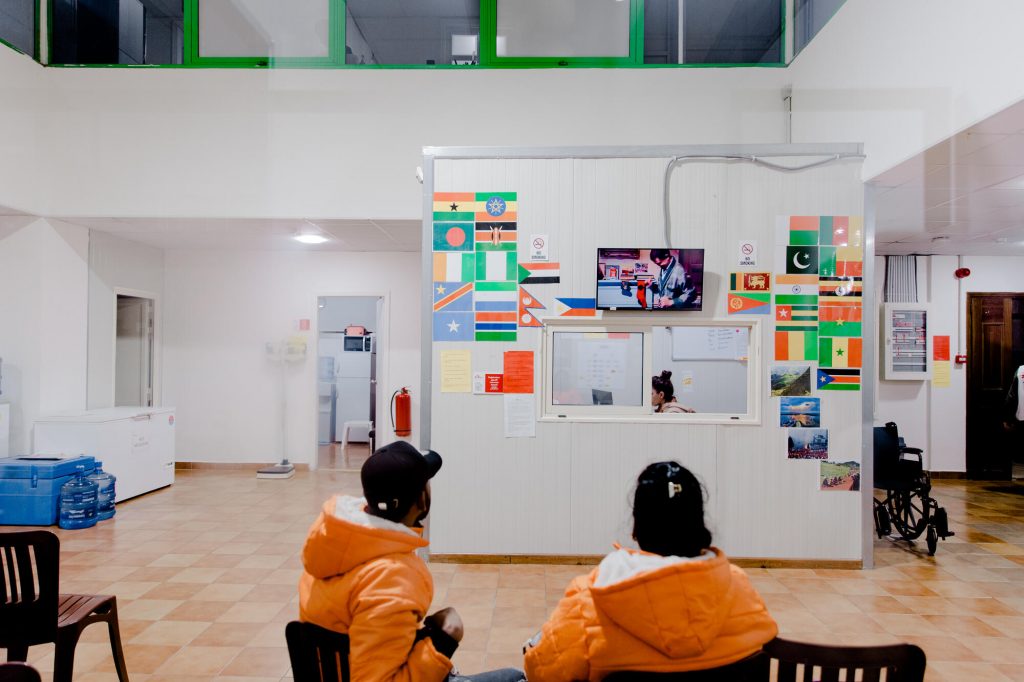Thousands of migrant workers in Lebanon are enduring harsh and abusive conditions, many of which go unnoticed and unaddressed. A new update from Médecins Sans Frontières (MSF) has shed light on the suffering of these workers, particularly women from countries like Ethiopia, Bangladesh, and Sudan.
One of the main issues facing these migrants is the kafala sponsorship system. Under this system, domestic workers are tied to their employers and stripped of their freedom. Employers often withhold legal documents, refuse to let them leave the house, and deny them contact with their families. Many are overworked, underpaid—or not paid at all—and live in fear, with no days off and no support.
At MSF’s clinic in Bourj Hammoud, a suburb of Beirut, migrant workers are able to access some level of healthcare. While the clinic is open to all, most patients are vulnerable migrants with urgent needs. These include basic health services, mental health support, and assistance in extreme cases like psychiatric emergencies.
Workers like Ahmet, a mother raising her toddler alone after her husband was deported, express feelings of deep isolation. “I have freedom, but I feel like I’m in prison,” she says. Despite having left her employer’s home, Ahmet still struggles daily—living with seven other migrants in a small rooftop apartment and suffering from a heart condition.
Others, like Makdes, have shared even more shocking stories. After arriving in Lebanon, she worked for a family that denied her food for 15 days. Another employer verbally and physically abused her. These traumatic experiences have long-term effects, especially as many women like her are too afraid or unable to seek help.
Healthcare access remains a serious challenge. Many hospitals in Lebanon deny treatment to migrants without legal documents or citizenship. Some are even afraid to go to hospitals, fearing deportation or being asked to pay money they don’t have. The MSF clinic tries to fill this gap, but with limited resources, they can only do so much.
Language barriers make things worse. Most official documents are in Arabic, and few clinics offer translation. However, MSF has employed community health educators from within the migrant population to guide and support patients, which has helped build trust and understanding.
MSF social worker Hanan Hamadi notes that most migrants are not just in need of healthcare—they need food, shelter, and financial assistance. “My job often starts with finding someone a safe place to sleep before I can talk to them about their health,” she explains.
Recent conflict in Lebanon, especially the 2024 war involving Israel, has made things worse. Many employers abandoned their migrant workers, leaving them locked in homes or on the streets. MSF teams responded by bringing aid directly to shelters and using mobile clinics to reach those who couldn’t come to them.
Sadly, aid for migrants is shrinking. Many local and international programs that once supported migrant communities have closed or lost funding. MSF now finds it harder to refer patients for services like hospitalization. If support continues to decline, more migrant workers will be left in danger, without access to care or safety.
Despite these difficulties, the MSF clinic in Beirut continues to be a rare safe space for many. But with increasing needs and shrinking support, urgent action is needed to protect migrant workers in Lebanon and ensure their basic rights are respected.

